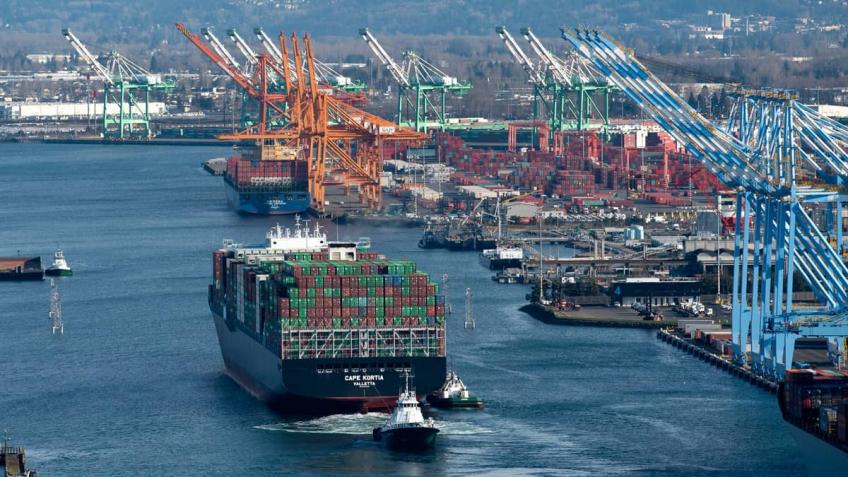As a consequential repercussion of the pandemic-driven demand crunch, a raft of ocean shipping industry tycoons such as Maersk, MSC & Hapeg-Lloyd, were being forced to slash the number of voyages, factually facing off their steepest downturn on record since the Great Financial Depression of 2007-2009.
More importantly, in what could be witnessed as a vivid demonstration of a castrated ocean shipping industry, some major shipping lines, whose retailers were being foundered over the two-month long pandemic-led lockdown, were taking longer routes around Africa to avoid the Suez Canal Passage fee and slowing down their sailing speeds.
In point of fact, a number of shipping industry analysts were quoted saying in light of a pessimistic outlook in $1 trillion ocean shipping industry that the newer tactics involving a slowdown in sailing speed, longer sailing routes to bypass the Suez Canal, a reduction of the number of voyages and short-term storages for the clients, could help retailers cut expenses and adapt well in the post-pandemic retailing business.
Aside from that, a raft of retailers, who had been in dire need of fresh liquidities to stay operational and were stuck with a huge inventory surplus due to a critical lag in demands, would likely to prevail the pointiest ends because of a slowdown in global ocean shipping industry, while a slower shipping time would enable importers to delay payments on deliveries and might just provide the retailers with necessary spell to downsize their growing stockpiles.
Online retailers wrestle over faster ships as brick-and-mortars prefer slow deliveries
In tandem, while a gauge of global retailers was preferring slow sea deliveries, online retailers such as Amazon.com Inc. and Walmart Inc., whose sales had skyrocketed amid the global-scale forced lockdowns, appeared to be fighting over spaces in faster ships.
Meanwhile, referring to an ambivalent texture in the global ocean shipping industry, a Chief Operating Officer of sea freight at Hellmann Worldwide Logistics, Marcus Leaver said, “What we are seeing is quite a mixed situation from cargo owners, some of which are resuming normal shipment of their cargoes, others are requesting routings via longer transit times. ”


